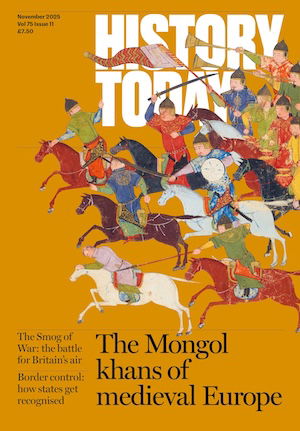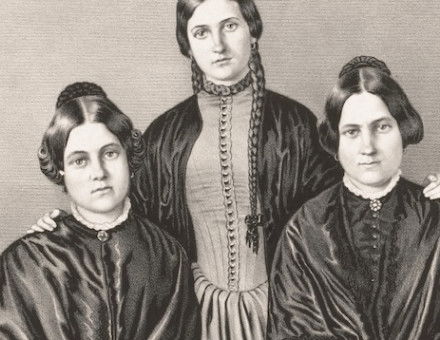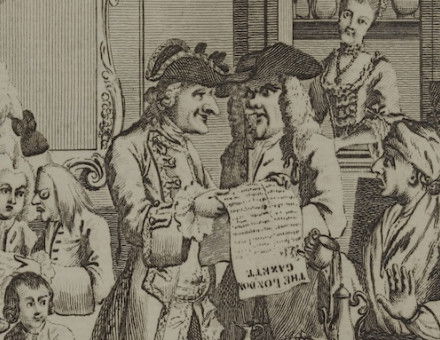The Politics of Pancakes
In England, Shrove Tuesday has not just symbolised feasting, fasting and family, but riot and rebellion, too.

On Shrove Tuesday 1270, the monks of Beaulieu Abbey in the New Forest rewarded their lay manorial workers with pancakes, with the youngest employees also receiving a feast of beef, cheese and ale in the great hall of the abbey’s infirmary. This is the earliest known evidence of Shrove Tuesday pancakes in England.
The general origins of this tradition are familiar: medieval Europeans used up their meat and dairy in anticipation of the Lenten fast and its many prohibitions, gradually developing a festival of joy and raucous play, known by various food-related names like Carnivale (leaving off meat), and Mardi Gras (Fat Tuesday).
Yet the practices of medieval Beaulieu Abbey hint at another layer of meaning baked into the foods of Shrove Tuesday: a power to inform social relations, convey privileges to certain members of premodern society and even symbolise radical action.







